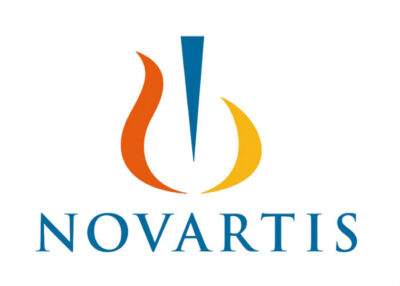Novartis is set to expand its radiopharmaceutical portfolio with the acquisition of Mariana Oncology for $1 billion. This move will bolster Novartis’ pipeline of targeted radiation drugs, potentially including a treatment for lung cancer.
Mariana Oncology, specializing in targeted radiation medicines, stands to gain up to $750 million more from Novartis if certain milestones are achieved. This deal provides Novartis with several drug programs, including one candidate currently undergoing testing as a treatment for small cell lung cancer.
Currently, Novartis markets two approved radiopharmaceuticals, Pluvicto and Lutathera. Their success has prompted a series of acquisitions by other major pharmaceutical companies, such as AstraZeneca’s planned purchase of Fusion Pharmaceuticals for $2.4 billion.
Radiopharmaceuticals offer a targeted method for delivering radiation directly into tumors, thereby mitigating some of the side effects associated with traditional radiation therapy. However, their manufacture is challenging, involving the pairing of a radioactive isotope such as lutetium or actinium with a targeting compound.
Novartis’ experience with Pluvicto and Lutathera underscores this challenge. The company has had to overcome production hurdles, but these drugs have proven to be effective and in high demand for certain prostate and gut tumors.
The overall success of these drugs has generated significant interest from other pharmaceutical companies looking to emulate Novartis’ success.
AstraZeneca’s acquisition of Fusion is the most recent example, following Bristol Myers Squibb’s acquisition of RayzeBio for $4.1 billion late last year, and Eli Lilly’s purchase of Point Biopharma for $1.4 billion.
According to Jefferies analyst Andrew Tsai, these deals indicate that “big pharma acknowledges the potential of radiopharmaceuticals to be commercially viable for hard-to-treat cancers, possibly even becoming first-line therapies.”
Radiopharmaceuticals will be “an important investment theme” this year and next, Tsai wrote in a note to clients on Thursday.
Mariana Oncology was incubated in venture firm RA Capital’s “RAVen” program and raised $250 million in two financing rounds in 2021 and last year.
The biotech’s lead candidate, MC-339, is an actinium-based radiopharmaceutical for small cell lung cancer.
“This acquisition brings phenomenal talent and new capabilities in radioligand therapy research to Novartis, complementing our extensive internal efforts to explore novel isotopes, combinations, disease areas, and more,” said Shiva Malek, Novartis’ Global Head of Oncology for Biomedical Research, in a company statement on Thursday.

